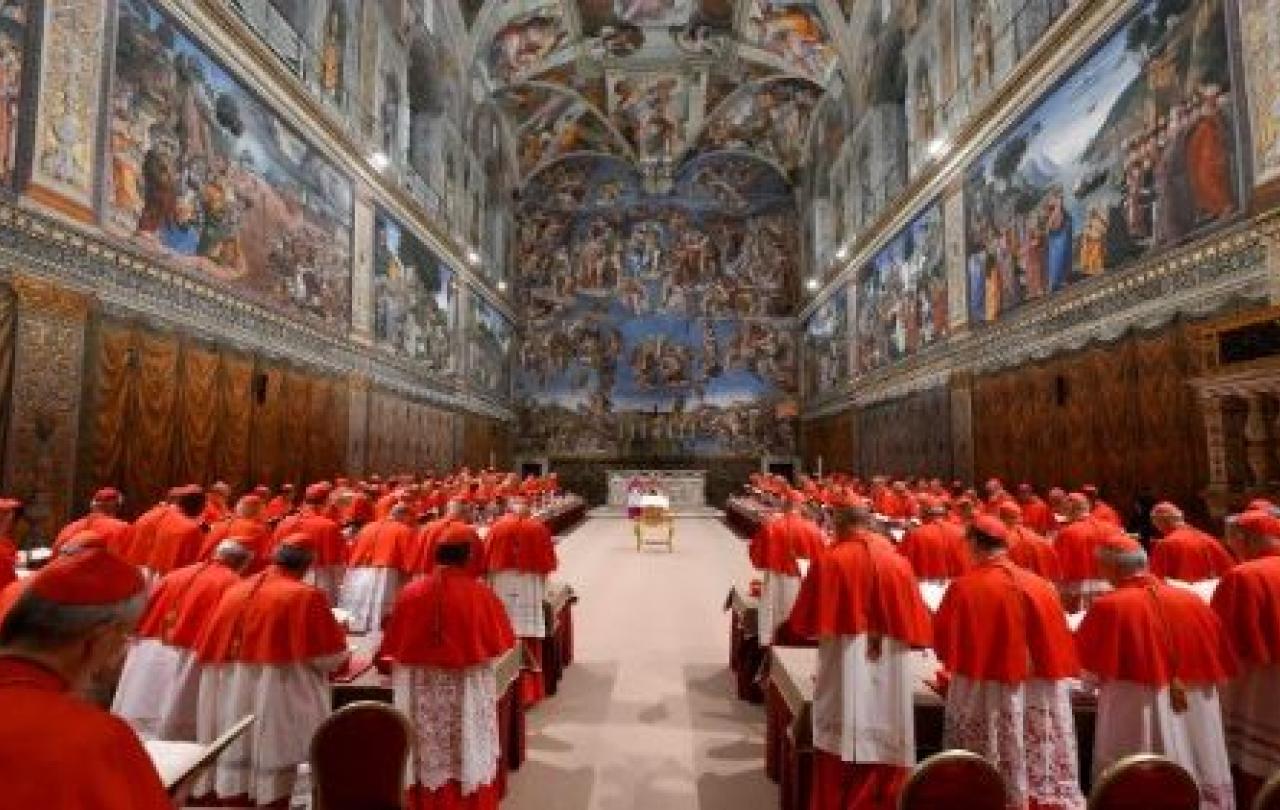
This week, Belle Tindall takes us to the Met Gala in NYC and asks whether the unseen exists; Graham Tomlin considers why the choice of the next Pope is so important and Callum Elwood asks if AI animation really is harmless fun?
Celebrate our 2nd birthday!
Since Spring 2023, our readers have enjoyed over 1,000 articles. All for free.
This is made possible through the generosity of our amazing community of supporters.
If you enjoy Seen & Unseen, would you consider making a gift towards our work?
Do so by joining Behind The Seen. Alongside other benefits, you’ll receive an extra fortnightly email from me sharing my reading and reflections on the ideas that are shaping our times.
Graham Tomlin
Editor-in-Chief





